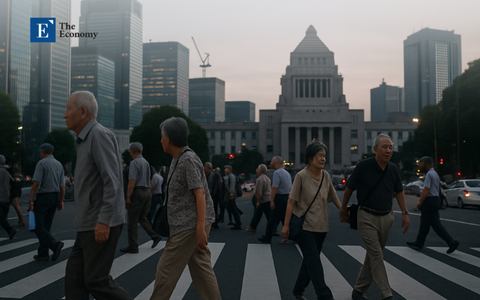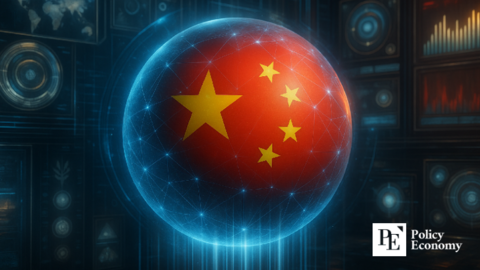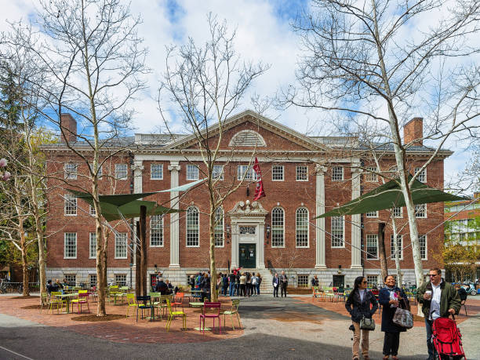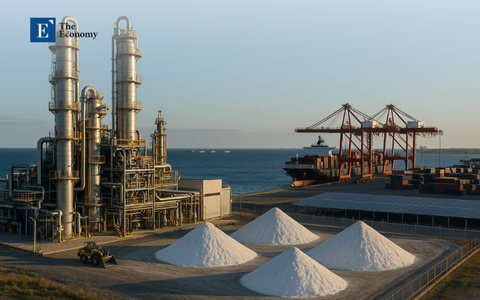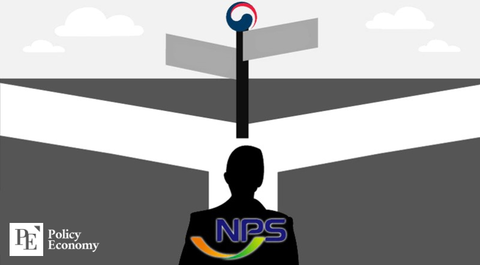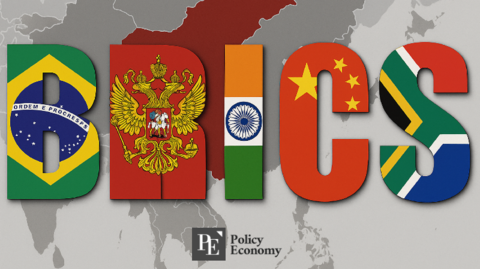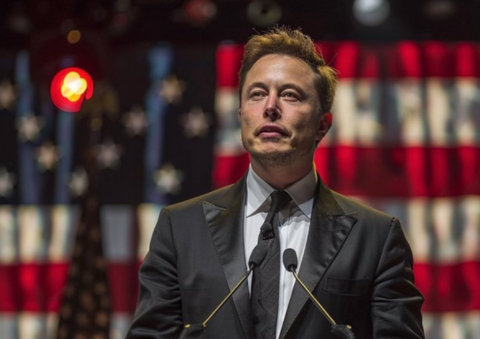입력
수정
[동아시아포럼]은 EAST ASIA FORUM에서 전하는 동아시아 정책 동향을 담았습니다. EAST ASIA FORUM은 오스트레일리아 국립대학교(Australia National University)의 크로퍼드 공공정책 학교(Crawford School of Public Policy) 산하의 공공정책과 관련된 정치, 경제, 비즈니스, 법률, 안보, 국제관계 및 사회에 대한 분석 및 연구를 위한 플랫폼입니다.
저희 폴리시코리아(The Policy Korea)와 영어 원문 공개 조건으로 콘텐츠 제휴가 진행 중입니다.
최근 중국은 인프라를 구축하고 융자를 제공하며 태평양 도서국들에 대한 영향력을 넓혔습니다. 이에 일본은 대응 방안을 모색하고 있는데, 인프라 프로젝트와 다자간 포럼을 통한 교류 등이 여기에 포함됩니다.

일본은 2019년부터 태평양 도서국에 대한 ‘전일본식’ 접근을 강조하고 있습니다. 2021년 7월 제9차 태평양 도서국 지도자 회의에서 스가 요시히데 전 일본 총리는 일본과 태평양의 관계를 강화해 섬나라들의 ‘자유롭고 열린 인도-태평양’을 실현한다는 목표를 가지고 ‘태평양 채권 정책(Pacific Bond Policy)’를 발표하기도 했습니다.
앞서 언급했듯이 일본은 중국의 영향력을 견제하고자 태평양 도서국들에 더 많은 외교적 관심을 두고 있습니다. 고노 다로 전 일본 외무상은 2018년 11월 파푸아뉴기니, 2019년 8월에는 피지와 미크로네시아 3개국을 방문했는데, 외무상으로는 32년 만의 일이었습니다. 이제 태평양 도서국 방문은 그의 후임 외무상들이나 각료들에게 일상이나 다름없습니다.
중국은 2021년 4월 솔로몬제도와 비밀 안보 협정을 맺었습니다. 이에 우에스기 겐타로 일본 외무성 차관은 솔로몬제도를 찾아 므낫세 소가바레(Manasseh Sogavare) 총리를 만났고, 직접 우려를 표명했습니다. 일본은 올해 1월 중국의 영향력이 늘어나고 있다고 판단한 국가인 키리바시와 뉴칼레도니아에 새로운 외교 공관을 세웠습니다.
일본은 호주, 미국과 함께 태평양 도서국에서 진행되는 여러 다국적 인프라 개발 프로젝트에 참여했습니다. 지난해 6월에는 호주, 뉴질랜드, 영국, 미국과 함께 태평양 도서국에 대한 지원을 논의하는 파트너스 인 더 블루 퍼시픽(Partners in the Blue Pacific)을 설립하기도 했습니다.
군사적 측면에서는 어떨까요? 일본 방위성은 이 지역에 더 많은 주둔군을 보내고 있습니다. 일본의 해상자위대는 2017년부터 다른 나라와의 합동 훈련을 위해 동남아시아와 남아시아 지역에서 ‘인도-태평양 배치(Indo-Pacific Deployment)’를 시작했는데, 2021년 9월 제1회 일본 태평양 도서국 방위 대화가 열린 이후에는 그 영역을 태평양까지 넓혔습니다.
또한 일본 해상자위대는 2022년부터 통가, 피지, 솔로몬제도, 팔라우에서 군사 합동 훈련을 진행했습니다. 같은 해 초 해저 화산이 폭발했을 땐 재해 구호 활동을 위해 통가에 자위대를 파견했습니다.
이번 달에는 일본 히로시마에서 G7 정상회의가 개최됩니다. 일본의 외교 활동 역시 활발해지며 태평양 도서국들에 관한 관심도 높아지고 있죠. 기시다 후미오 일본 총리는 지난 3월 20일 인도를 방문하는 동안 ‘자유롭고 개방된 인도 태평양(Free and Open Indo-Pacific, FOIP)을 위한 일본의 새로운 계획’을 발표했습니다. 여기에서 태평양은 ‘일본과 호주를 연결하는 해로와 인도양에서 남중국해를 거쳐 태평양으로 이어지는 해로가 교차하는 전략적으로 중요한 지역’으로 표현됐습니다.
3월 19일에는 하야시 요시마사 일본 외무상이 일본 외무상으로는 처음으로 솔로몬제도를 방문, 소가바레 총리와 대면 회담을 진행했습니다. 이 자리에서 하야시 외무상은 일본이 솔로몬제도와의 관계를 중시하고 있음을 강조했습니다.
하지만 솔로몬제도의 입장은 조금 달라 보입니다. 하야시 외무상 이전에는 커트 캠벨(Kurt Campbell) 미국 국가안전보장회의(NSC) 인도태평양조정관을 맞이했지만, 불과 3일 뒤인 22일 중국 대표단을 만나 중국 기업과 솔로몬제도의 수도 호니아라의 국제 항구를 재건축하는 계약을 체결했기 때문입니다. 중국이 그간 개발도상국에 인프라 시설을 건설해 주면서 이를 자국의 군사적인 목적으로도 이용하는 ‘이중 목적’ 인프라 사업을 지속해 왔기에, 일본은 솔로몬제도 역시 중국 해군 함정의 항구 사용을 허가할지도 모른다는 우려를 하고 있습니다.
한편 하야시 외무상은 쿡제도와 폴리네시아 지역에도 방문했습니다. 역시 일본 외무상으로는 최초였죠. 이때 하야시 외무상은 마크 브라운(Mark Brown) 쿡제도 총리를 G7 히로시마 정상회의 아웃리치 회의에 공식 초청했는데, 이 둘은 지난달 일본에서 이미 한 차례 회동을 했습니다.
브라운 총리는 2월 24일 열린 태평양 도서국 포럼 특별 지도자 모임(The Pacific Islands Forum Special Leaders Retreat)에서 태평양 도서국 포럼 의장직을 공식적으로 맡게 됐는데, 일본 방문은 그 전에 이루어졌습니다. 당시 그는 태평양 도서국 포럼 대표단의 수장으로서 후쿠시마 다이이치 원자력 발전소에서 첨단 액체 처리 시스템(Advanced Liquid Processing System, ALPS)을 거친 오염수를 바다로 방류하는 문제를 논의했습니다.
데이비드 파누엘로(David Panuelo) 미크로네시아 연방 대통령은 일본의 상황을 이해한다고 밝혔습니다. 하야시 외무상은 친강 중국 외교부장과의 만남에서 중국이 오염수의 안정성에 의문을 제기하는 것에 과학적 근거가 없다고 항의했지만, 이 문제는 일본과 태평양 도서국 간의 미해결 문제였습니다.
일본은 현재의 기후 위기에서 태평양 도서국들이 갖는 전략적 중요성, 그리고 중국의 지역적 존재감을 생각해야 합니다. 태평양 도서국들과 건설적인 대화를 이어나가며 2024년 제10차 태평양 도서국 지도자 회의를 성공적으로 개최해야 하고, 자유롭고 개방적인 인도-태평양 실현을 위해 호주 등 같은 상황에 있는 파트너와 협력해야 할 것입니다.
Japan shadows China’s growing Pacific presence
As China expands its presence among Pacific Island countries by building dual-use infrastructure and providing loans, Japan is seeking to counter Beijing’s influence in the region. The Japanese government is engaging Pacific Island countries through infrastructure projects and multilateral forums to mitigate China’s Pacific presence.
Japan has increased its emphasis on an ‘all Japan’ approach toward Pacific Island countries since 2019. At the Ninth Pacific Islands Leaders Meeting in July 2021, former Japanese prime minister Yoshihide Suga announced the Pacific Bond Policy, which aims to strengthen Japan’s ties with Pacific Island countries to realise a ‘free and open Indo-Pacific’.
Japan is paying greater attention to Pacific Island countries in its foreign policy to check China’s influence. Former foreign minister Taro Kono visited Papua New Guinea in November 2018, as well as Fiji and three Micronesian countries in August 2019 — the first Japanese foreign minister to visit these countries since January 1987. It has now become common practice for his successors and state ministers to travel to the Pacific Islands.
In April 2021, China and Solomon Islands signed a secret security agreement. Afterwards, Japanese Parliamentary Vice-Minister for Foreign Affairs, Kentaro Uesugi, visited Solomon Islands to directly convey his concerns to Solomon Islands Prime Minister Manasseh Sogavare. In January 2023, Japan opened new diplomatic missions in Kiribati and New Caledonia, where the government perceives China’s influence to be growing.
Japan has engaged in several multinational infrastructure development projects in Pacific Island countries with Australia and the United States. Japan also became one of five inaugural members of the Partners in the Blue Pacific, established with Australia, New Zealand, the United Kingdom and the United States to coordinate assistance for Pacific Island countries in June 2022.
Japan’s Ministry of Defence is also increasing its presence. When it launched the Indo-Pacific Deployment as we know it today in 2017 to provide the Maritime Self-Defence Force with opportunities for joint exercises with other countries, its destinations were confined to Southeast and South Asia. Since the first Japan Pacific Islands Defense Dialogue was held in September 2021, the Japanese Indo-Pacific Deployment’s geographical area of activity has been expanded to include the Pacific.
In 2022, the Maritime Self-Defence Force conducted exercises with its counterparts in Tonga, Fiji, Solomon Islands and Palau. Japan also dispatched the Self-Defence Forces to work on disaster relief activities in Tonga after the eruption of an undersea volcano in early 2022.
As the May 2023 G7 Summit in Hiroshima approaches, Japan’s diplomacy has become more active, with increased attention on Pacific Island countries. During his visit to India on 20 March 2023, Prime Minister Fumio Kishida announced ‘Japan’s New Plan for a Free and Open Indo-Pacific’. The plan refers to the Pacific as a ‘strategically important region where sea lanes connecting Japan and Australia and sea lanes from the Indian Ocean through the South China Sea to the Pacific Ocean intersect’.
On 19 March 2023, Japanese Foreign Minister Yoshimasa Hayashi visited Solomon Islands as the first Japanese foreign minister to hold face-to-face talks with Prime Minister Sogavare. Hayashi emphasised the importance that Japan places on its relations with Solomon Islands.
But it is uncertain whether Solomon Islands seriously considered Hayashi’s visit in addition to earlier visits by US National Security Council Coordinator for the Indo-Pacific Kurt Campbell. On 22 March, having received a delegation from China, Solomon Islands announced that it had awarded a Chinese state company a contract to upgrade an international port in Honiara. This again raised fears in Japan of China’s ‘dual purpose’ motivations as Solomon Islands could allow Chinese naval vessels to use the port in the future.
Hayashi also visited the Cook Islands — the first such visit by a Japanese foreign minister — and the Polynesian region. Hayashi and the Prime Minister of the Cook Islands Mark Brown had already met in Japan the previous month.
Just before officially taking up the position of Chairman of the Pacific Islands Forum at its Special Leaders Retreat on 24 February 2023, Brown travelled to Japan as the head of the Pacific Islands Forum delegation. At the forum, he discussed the discharge of Advanced Liquid Processing System-treated water from the Fukushima Daiichi Nuclear Power Station into the sea.
This has been an outstanding issue between Japan and Pacific Island countries, although the President of the Federated States of Micronesia, David Panuelo, expressed his understanding of Japan’s position, and Hayashi protested that China’s remarks to the international community were not based on scientific evidence during his meeting with his Chinese counterpart Qin Gang. During their meeting on 21 March 2023, Hayashi formally invited Brown to the Outreach Meeting at the G7 Hiroshima Summit along with other world leaders.
Given the strategic importance of Pacific Island countries amid the ongoing climate crisis and China’s growing regional presence, Japan needs to maintain constructive dialogue with Pacific Island countries with a view to hosting a successful milestone 10th Pacific Islands Leaders Meeting in 2024. It also needs to cooperate with like-minded partners, including Australia, to realise a free and open Indo-Pacific.

